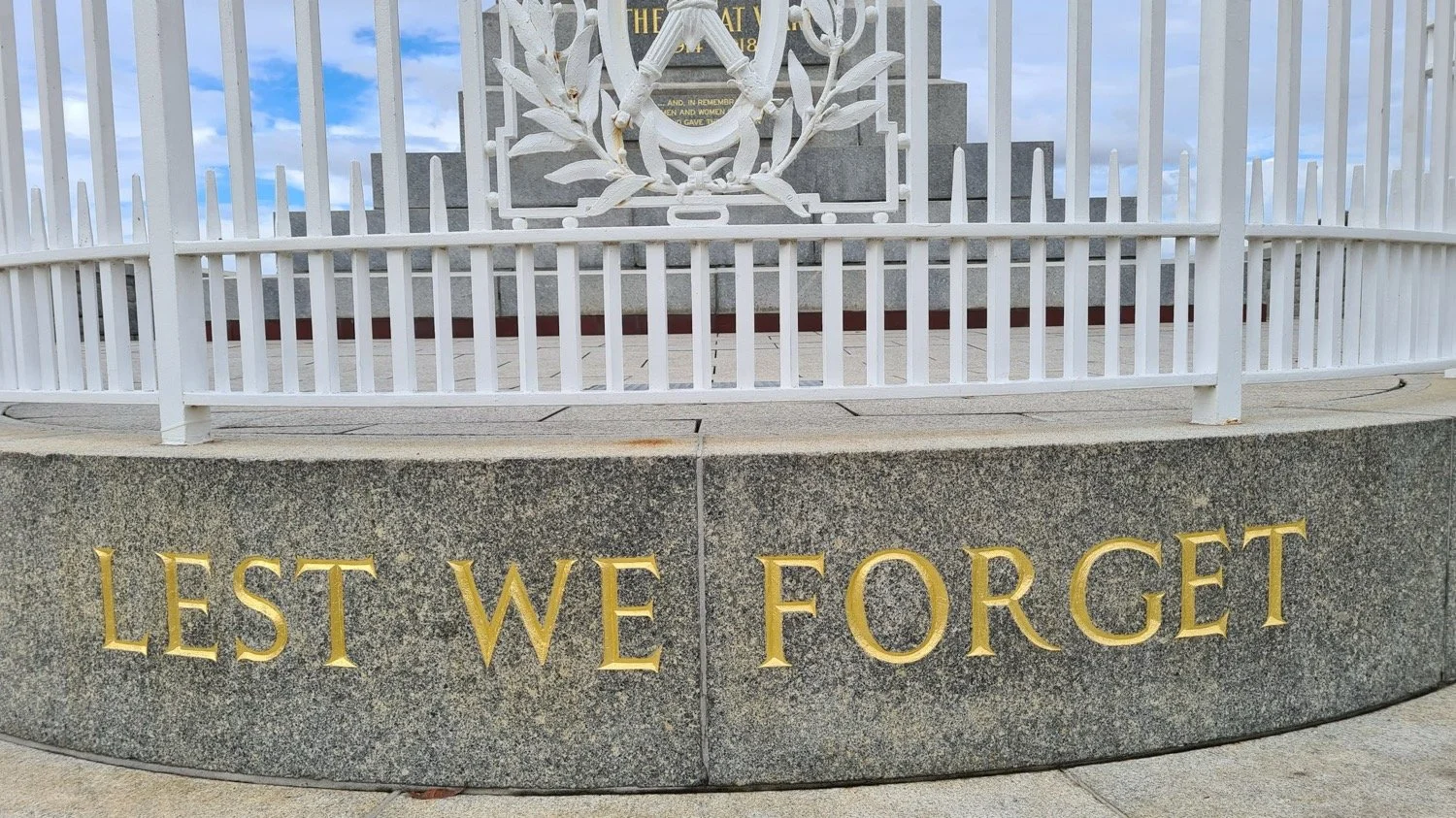Readings for the day: 1 Kings 17-19
I love the story of Elijah. I love his faithfulness. I love his courage. I love his passion. I love his heart. What makes Elijah so great was his ability to listen to the Word of the Lord. His sensitivity to the Holy Spirit. His humble submission and willingness to sit in God’s presence in silence. There was nothing great about Elijah. Nothing unusual. Nothing out of the ordinary. He was simply a human being. A human being like any other human being. A man just like any other man. But he was called to play a specific role in God’s Kingdom and the life of Israel.
Elijah was a prophet. A man set apart to hear the Word of the Lord and deliver it to God’s people. The Word of the Lord came to Elijah, telling him there would be a famine in the land and to go and live by a brook where the ravens would feed him. When the brook ran dry, the Word of the Lord came to Elijah and told him to go to Zrephath where a widow would care for him. When the widow’s son died, the Word of the Lord came through Elijah to raise him the dead. The Word of Lord challenged Elijah to risk his life and confront King Arab. Queen Jezebel. 450 prophets of Baal. After a miraculous victory, the Word of the Lord opened Elijah’s eyes to see the coming rain. When Elijah ran for his life, the Word of the Lord again came to him bringing comfort and peace.
Notice where the power lies. Not in Elijah. Not in his strength. Not in his confidence. Not in his power. No, the Word of the Lord has an authority all its own. A divine power to tear down every stronghold and every high thing that sets itself against the knowledge of God. It is the power of God for the salvation of all who believe, Jew and Gentile alike. And if there is anything that sets Elijah apart, it is his obedience. Simply his willingness to hear and obey, seemingly without question. This is what makes him great.
Do you want to be great in the Kingdom? Do you want to do great things for God? Do you want the abundant life Jesus promises? Do you believe you will do greater things than even Jesus himself? As He promises in John 14:12? “Truly, truly, I say to you, whoever believes in me will also do the works that I do; and greater works than these will he do, because I am going to the Father.” (John 14:12) You don’t need wealth. You don’t need education. You don’t need professional success and achievement. All you need is obedience. A humble spirit. A willing heart. God specializes in using such vessels for His glory in the world.




